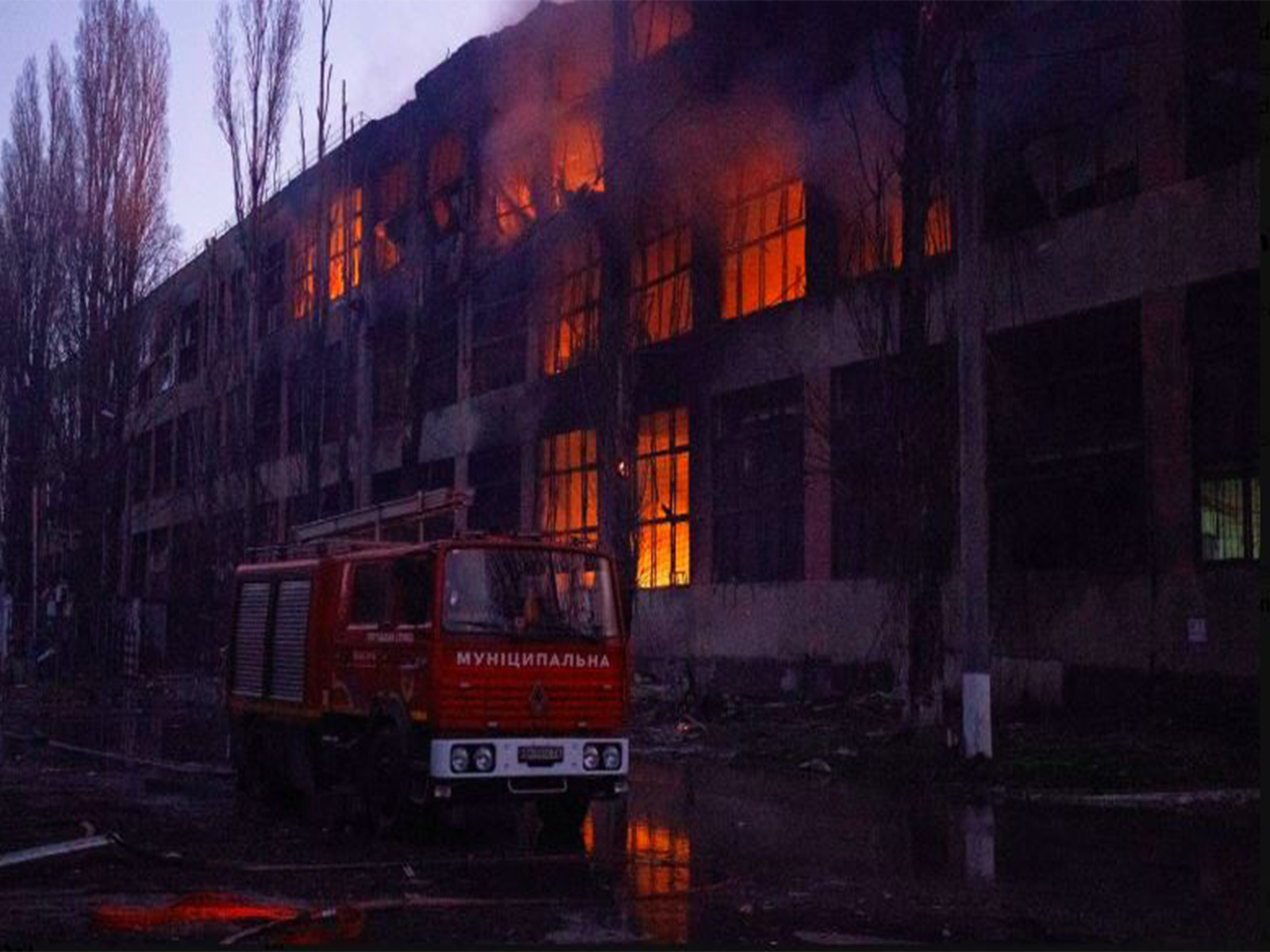ADJD concludes10th session of basic qualification programme for engineering experts
Sep 07, 2023

Dubai [UAE], September 7 (ANI/WAM): The Abu Dhabi Judicial Department (ADJD) has completed the implementation of the 10th session of the basic qualification programme for engineering experts for registration purposes before the ADJD's prosecution offices and courts. With the participation of 14 trainees and a total of about 63 training hours.
The programme, implemented by the Abu Dhabi Judicial Academy, comes within the framework of efforts to enhance the role of the experts’ profession before the judicial authorities and improve their performance as aides to judges, in line with the directives of His Highness Sheikh Mansour bin Zayed Al Nahyan, Vice President, Deputy Prime Minister and Minister of the Presidential Court, and President of the Abu Dhabi Judicial Department, for improving the performance of experts and qualifying them scientifically and practically in accordance with the highest international standards, thus contributing to improving judicial performance and enhancing community confidence in the judicial system.
The Abu Dhabi Judicial Academy stated that the training of experts falls within the training curriculum prepared as a prerequisite for admission to the list of experts registered with the Abu Dhabi Prosecution Offices and Courts, noting that the training programme contributes to achieving the department's vision of excellence and effectiveness in the judicial system and the provision of high-quality justice services.
In addition, the programme included many axes, including: familiarising the trainees with the problems of construction contracts, types of defects and damages in concrete, roads, finishes and methods of treatment, inspection procedures for engineering experts, standards for settling accounts in construction disputes, in addition to giving them practical applications on the legal procedures that experts must observe while undertaking their tasks, and the legal system for the implementation of expertise in comparison systems, management of expert sessions, the legal system for digital currencies in international experiences, the concept of real estate development, its stages, financing, construction and building, notifications in the field of judicial expertise, rules for the validity of the notifications and aspects of invalidity, the legal system for evaluating the work of the expert and the control of the judiciary on the work of experts, as well as introducing the legal system to combat money laundering and terrorism, the obligations of legal professionals, and mechanisms to combat money laundering related to real estate and real estate financing.
The programme also included enhancing the trainees' knowledge of the judicial system in the country at the federal and local levels, general principles, legislation, judicial systems, expert work, remote litigation controls, systems and procedures in the courts of the Judicial Department through the virtual courtroom, and providing trainees with the skills of using the central library databases, the importance of technical expertise and its role in evidence, the nature of the legal case and its parties in the light of the Civil Procedures Law and its implementing regulations, the role of experts in it, the controls for the use of technical expertise, the formal problems of the expert’s task, the quality standards for the judicial expertise report and common errors, and the approved models for categorization cases and engineering expertise reports in them. (ANI/WAM)


















